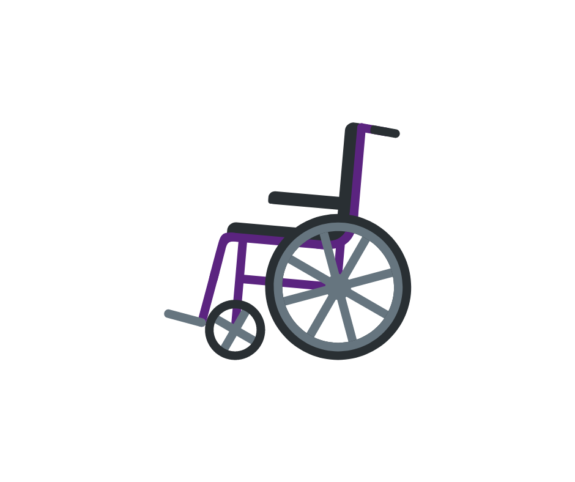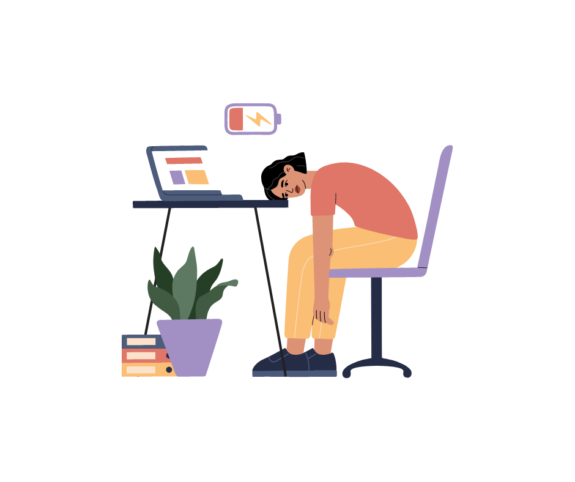Raising awareness of disabilities and the way chronic illnesses can affect people is definitely on the rise. More and more people are realising that diversity and including those who might previously have been discriminated against is beneficial to everyone. Workplaces, shops, restaurants and many other places are making an effort to ensure that they are accessible for all, which is great, that’s what we want to see! But ‘disabled’ is a bit of an umbrella term and just as people aren’t all alike, disabilities aren’t all the same either.
This is particularly true when it comes to those using wheelchairs. When we think of wheelchair users, most of us would assume (based on the stereotype) that they are all paralysed, be it paraplegic or quadriplegic and completely unable to use their legs. This however is not always the case. Out of the 1.2 million wheelchair users in the U.K. approximately one third of them are ambulatory users. What this means is that they do fall under that umbrella of being disabled and do need to use a wheelchair but are capable of walking in some circumstances.
Unfortunately, this can be hard to convey to the general public, many of whom, when they see an ambulatory user standing up or walking a few steps, think this means they are actually fine, don’t need a wheelchair at all and are using it to get sympathy or better parking. Which of course is ridiculous. Yes, there are people who abuse the system (there always is) but the amount of people who genuinely need mobility aids far outweigh the ones who don’t.
For the ambulatory user, just as for all users, their mobility aid can serve as a lifeline, allowing them to have some independence and be able to actually leave the house and socialise without causing extreme fatigue or pain, which makes the abuse and discrimination they suffer even more unfair. Many users report being told things like:
-
‘Well you don’t look sick!’
-
‘You’re too young to need a wheelchair.’
-
‘You’re taking away from someone who really needs it.’
-
‘Can I have a go? You’ve had loads of time and you can walk anyway!’
-
‘Stop being so lazy!’
This kind of judgement and ignorance is not only rude but can be extremely hurtful to someone who is simply trying to go about their business and live their life however they can.
So how can we educate ourselves?
Switch your perception and look at it from another point of view. If you think about it, we, as able-bodied people don’t stay on our feet for twenty-four hours a day, every day. We need to sit down or lie down and rest our legs and bodies. If we try to do too much without proper rest, we can cause ourselves an injury and make ourselves more vulnerable to illness. It’s exactly the same for ambulatory wheelchair users except they run out of steam long before we do. While we may be able to walk or stand up for several hours before needing to sit down, for the ambulatory user it could only be one hour or even ten minutes before they reach that point.
Don’t judge or make assumptions. You don’t know what someone else is going through that day or what kind of health issues they may have that you can’t see and really, it’s none of your business. Just because someone is using a wheelchair doesn’t mean you can ask them why. They are under no obligation to discuss it with you or give any explanation at all.
Do some research. It only takes a few minutes to go to a search engine and find out the many reasons people might use a wheelchair, even if they’re able to walk. There’s no excuse for ignorance when we have so many opportunities to learn. Take the time because you might be surprised at what you find out and your efforts to understand will definitely be appreciated.
Living with a disability in an able-bodied world isn’t always the easiest thing to do. So whatever the reason, if using a wheelchair means an ambulatory user can go out and work or socialise without completely fatiguing themselves then who are we to judge?
#AmbulatoryWheelchairUsersExist
If you’d like more information or are unsure of where to start looking, then please check out the links below!
https://www.england.nhs.uk/wheelchair-services/
https://themighty.com/2018/11/ambulatory-wheelchair-users-exist/
https://themighty.com/2020/02/ambulatory-disabled-wheelchairs/
https://themighty.com/2018/08/wheelchair-part-time-invisible-disability/












